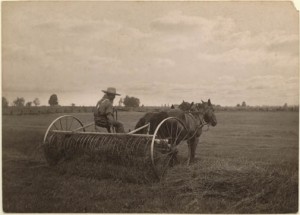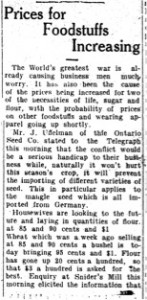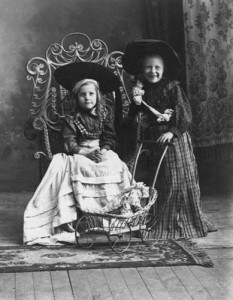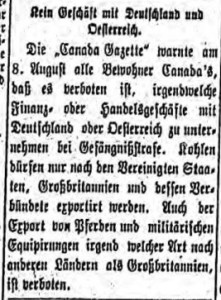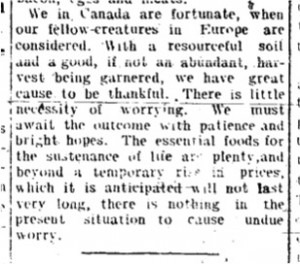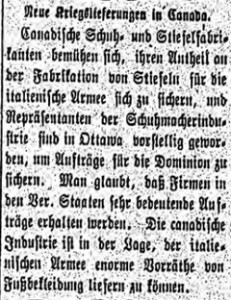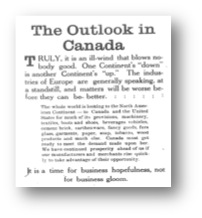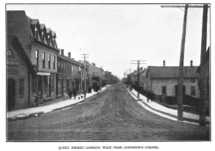On 5 August, just one day after war was declared, a convention of boot and shoe manufacturers of Ontario met in Berlin, Ontario. Manufacturers from Waterloo Region, including Waterloo, Berlin and Preston, as well as others from areas such as Brampton, Aurora and Toronto attended. The convention addressed the prospects that the war held for the province’s shoe trade. These manufacturers were aware that the war would likely result in an increased demand for their products. As a result, the province’s manufacturers met to discuss price regulations and price increases, foreseeing an increase in the price of leather due to wartime conditions. The local Breithaupt family, the owners and operators of the Breithaupt Leather Co., entertained the visitors at the Berlin Country Club.
The shoe manufacturers predicted that: “Soldiers on the march will wear out a pair of shoes in a month.”
The boots that needed to be made for the Canadian Forces would be made from a pattern that had proved satisfactory for Canadians in the South African War. It would later be realized that the boots issued to Canadian Soldiers in 1914 could not withstand marches on metaled roads, the wet weather of England, and trench conditions. As a result, a new model was introduced, which came to be known as the 1915 Canadian Variety Boot.
(“Boot and Shoe Manufacturers Convene Here,” Berlin Daily-Telegraph, 6 August 1914, Colonel G.W.L. Nicholson, Canadian Expeditionary Force 1914-1919 (Ottawa: Queen’s Printer, 1962), xiii; Visual: http://img600.imageshack.us/img600/257/48thcefboots.jpg)
These were the 1915 Canadian Variety Boot worn by the Canadian Expeditionary Force during the First World War.

